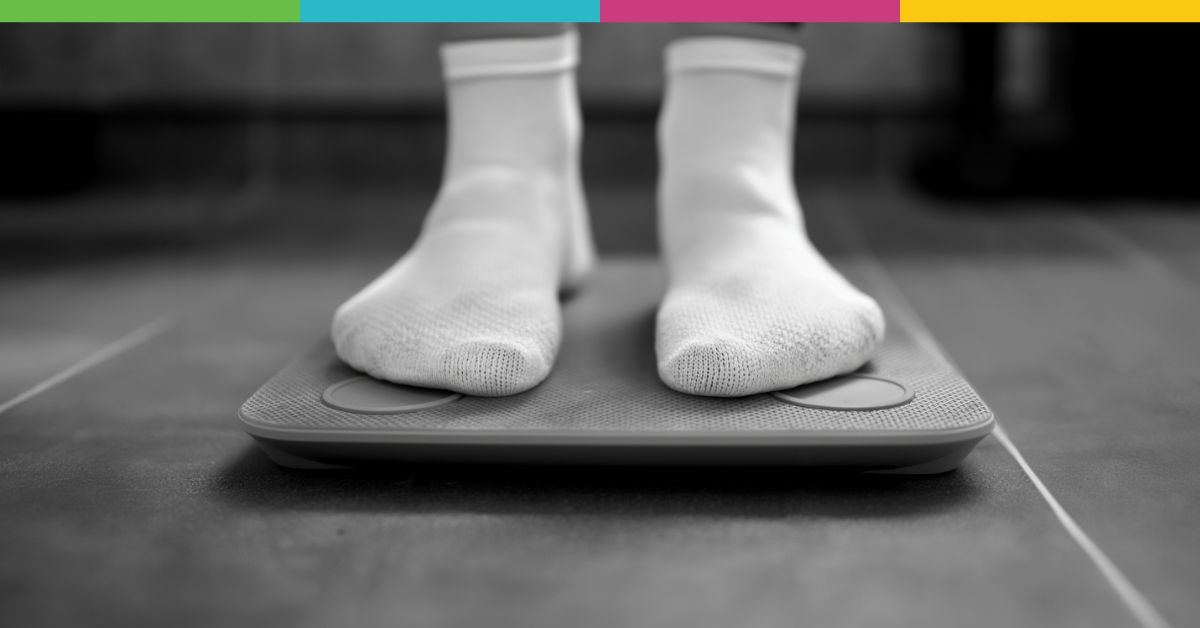GLP-1 Trends: Ozempic and Semaglutide drive a 587% spike in prescriptions
Prescriptions for GLP-1 receptor agonists, including Ozempic, Semaglutide, and Rybelsus, have surged over the last five years as their effectiveness in promoting weight loss gains attention beyond type 2 diabetes care. According to FAIR Health, prescriptions for GLP-1 drugs to treat overweight or obesity rose 587% from 2019 to 2024. The number of adults prescribed a GLP-1 without a type 2 diabetes diagnosis jumped nearly 1,961% during the same period (Figure 1).1

Figure 1: GLP-1 trends since 2019, created using data from FAIR Health study.1
HealthVerity Marketplace tracks 19.1 million GLP-1 patients and 790,000 providers
HealthVerity Marketplace offers real-time visibility into one of the most significant pharmaceutical shifts in decades. Through linked, privacy-compliant pharmacy records, HealthVerity Marketplace includes prescription records on approximately 19.1 million patients taking GLP-1 drugs such as Ozempic, Semaglutide, and Rybelsus. These records also offer unique insight into how much weight patients lose on GLP-1s like Ozempic in real-world settings, aligning with current interest in GLP-1 weight loss trends. It also includes information on more than 790,000 prescribing providers by NPI making it one of the most comprehensive GLP-1 analytics sources available today.
.png?width=3810&height=920&name=GLP-1%20hero%20(1).png)
This real-world data can support a range of use cases:
- Post-market surveillance: Monitor side effects, switching behavior, and persistence over time across diverse patient populations.
- Health economics and outcomes research (HEOR): Evaluate cost-effectiveness, resource utilization, and outcomes compared to other interventions like bariatric surgery.
- Provider and prescriber insights: Identify prescribing patterns, top prescribers, and geographic variation in clinical decision-making.
- Patient journey analysis: Map the timeline from diagnosis to treatment to assess how real-world behavior compares with clinical guidelines.
- Targeted education and outreach: Inform provider engagement strategies with de-identified real-world data on therapeutic adoption and usage trends.
HealthVerity enables pharmaceutical manufacturers to go beyond traditional claims analysis by delivering verified, linked insights into how GLP-1 drugs are being used across populations. To see more Marketplace data in action read our blog on the link between prostate cancer and mental health
Younger adults are driving GLP-1 demand while bariatric surgery declines
The trend is especially sharp among young adults. GLP-1 prescriptions for those aged 18 to 39 increased 588%, from 0.19% in 2019 to 1.33% in 2024.1 During the same period, the rate of bariatric surgeries fell by nearly 42%, indicating a shift in how patients and physicians are managing obesity.
Why GLP-1 success in the real world looks different than in trials
In the evolving landscape of GLP-1 trends, Ozempic (semaglutide) has garnered attention for its weight loss effects. While individual results vary, studies indicate that patients may experience an average weight loss of 5 to 10 pounds per month, especially after the initial dosing period. Factors influencing this include dosage, adherence to treatment, lifestyle modifications, and baseline body weight. These insights underscore the significance of GLP-1 receptor agonists in weight management strategies.
GLP-1 therapies like Ozempic and Wegovy showed promising weight loss outcomes in trials, but real-world usage is proving more complex. One study found patients who stopped taking the drugs early lost only 3.6% of their body weight. Those who remained on therapy for a full year lost about 12%, falling short of clinical trial averages of 15 to 20%². Side effects, cost, and insurance coverage were cited as key barriers to adherence.
Most eligible patients still aren't receiving GLP-1 medications
Even as GLP-1 trends climb, most people diagnosed with overweight or obesity are not receiving prescriptions. In 2024, only 11.2% of patients with these diagnoses were prescribed a GLP-1 drug. Meanwhile, 6.3% received behavioral health services, and only 0.28% had bariatric surgery.1 This unmet need underscores the importance of accurate targeting and real-world insights.
The GLP-1 market is moving fast. Your strategy should too.
Explore how HealthVerity Marketplace can help you measure outcomes, identify safety signals, and define patient journeys in real time.
References
- FAIR Health. Use of GLP-1 Drugs to Treat Overweight or Obesity Increased 587 Percent from 2019 to 2024, According to New FAIR Health Study. May 27, 2025. Accessed June 11, 2025. https://www.fairhealth.org/press-release/use-of-glp-1-drugs-to-treat-overweight-or-obesity-increased-587-percent-from-2019-to-2024-according-to-new-fair-health-study
- Reuters. Health Rounds: Patients drop fewer pounds with weight-loss drugs in real world than in trials. June 11, 2025. Accessed June 11, 2025. https://www.reuters.com/business/healthcare-pharmaceuticals/health-rounds-patients-drop-fewer-pounds-with-weight-loss-drugs-real-world-than-2025-06-11/






